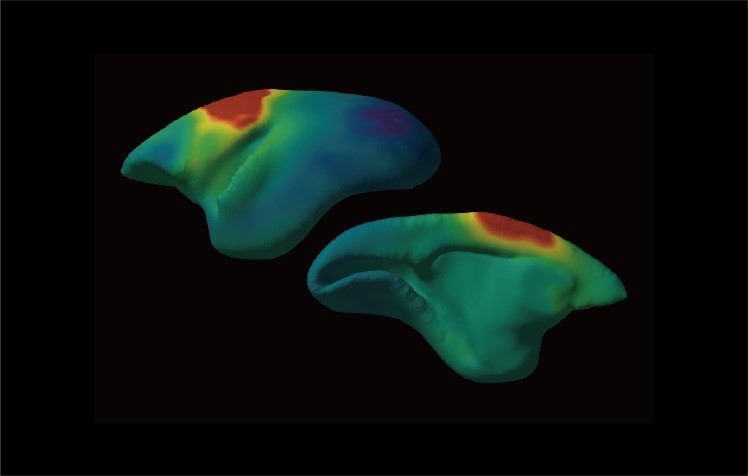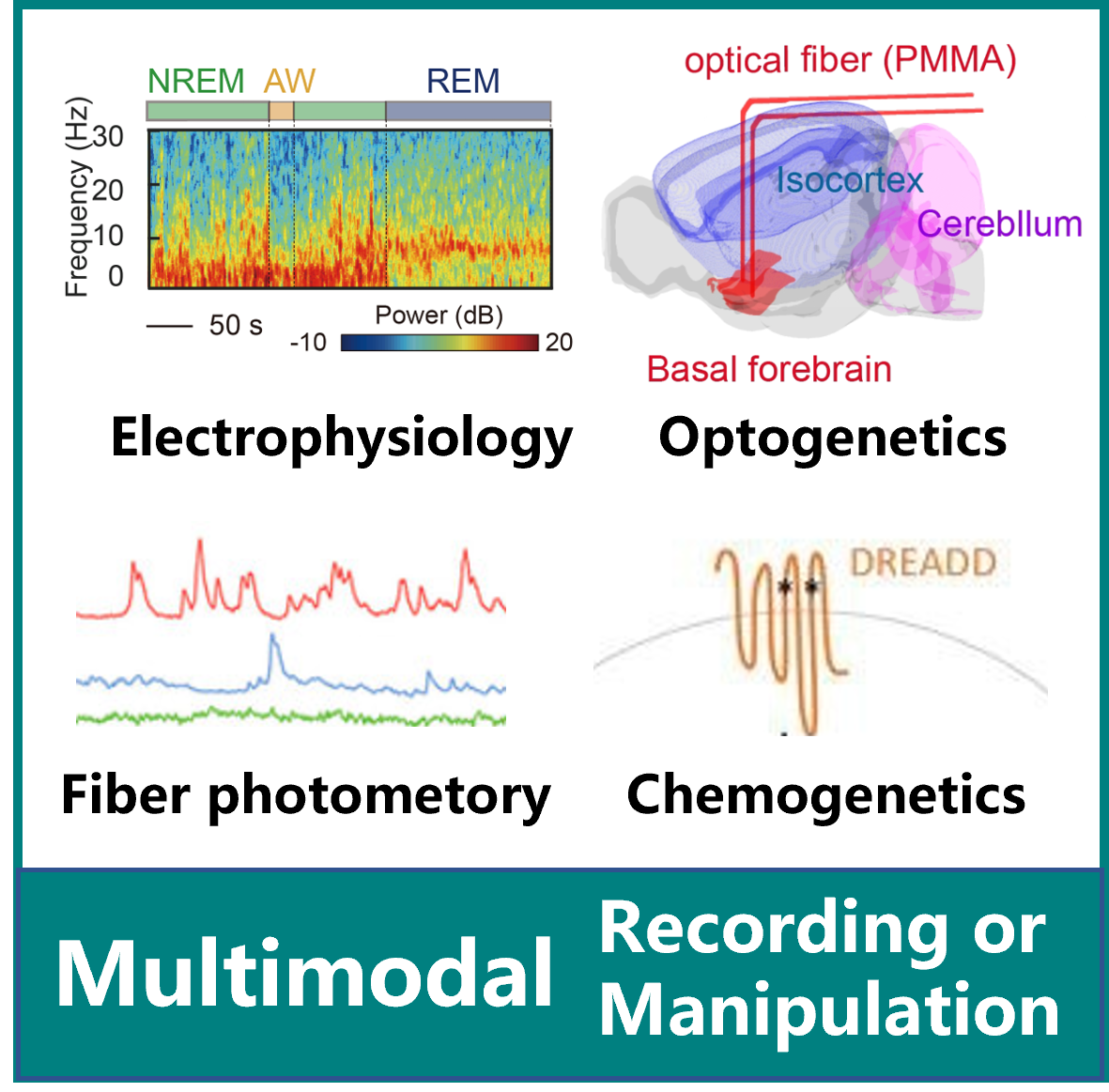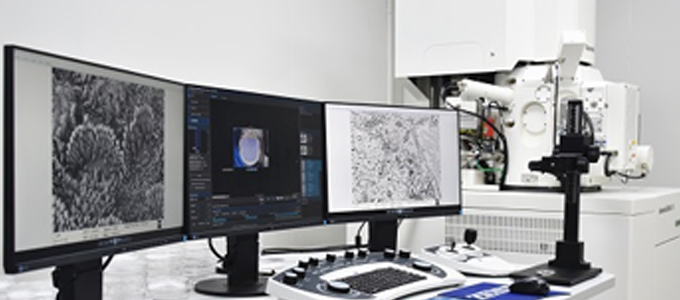
Magnetic resonance imaging (MRI) is a set of powerful, versatile, and non-invasive imaging methods. Since its invention in 1970s, it has found numerous applications in basic research and clinical practice. In the past two decades, functional MRI (fMRI) has emerged as a prominent functional brain mapping technique. It has been extensively utilized to map large-scale brain activities in response to sensory stimuli, in performing tasks, or in the resting state.
With fMRI’s capability of whole-brain coverage, we are uniquely positioned to study the brain functions and organizations at the “brain connectome” level. Therefore, our research focuses on the large-scale functional networks, their underlying neural mechanisms and behavioral relevance in normal and pathological conditions, mostly in small animals (rodents and small non-human primates). To study those issues, we utilize an interdisciplinary approach with state-of-art neuroscience and engineering techniques, such as fMRI, optogenetics, optical imaging, electrophysiology, and behavioral testing.


